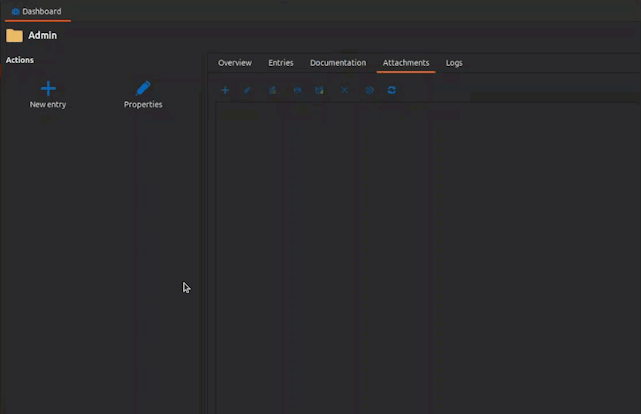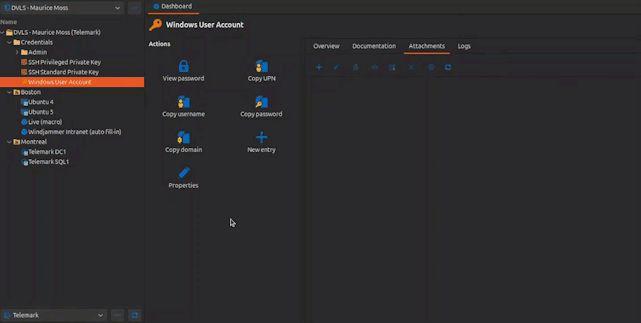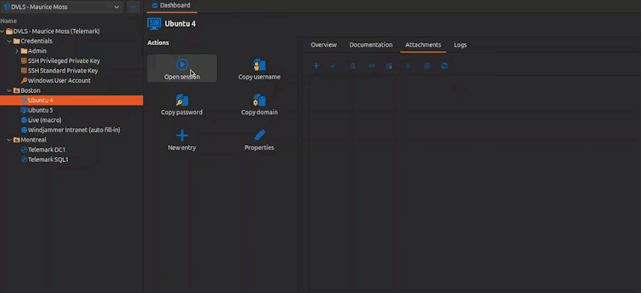Release notes
- 2025.2.27.0
- 2025.2.26.0
- 2025.2.25.0
- 2025.2.23.0
- 2025.2.22.0
- 2025.2.21.0
- 2025.2.20.0
- 2025.2.17.0
- 2025.2.16.0
- 2025.2.14.0
- 2025.2.13.1
- 2025.1.41.0
- 2025.1.40.0
- 2025.1.39.0
- 2025.1.38.0
- 2025.1.37.0
- 2025.1.34.0
- 2025.1.33.0
- 2025.1.31.0
- 2025.1.30.0
- 2025.1.29.0
- 2025.1.27.0
- 2025.1.26.0
- 2025.1.25.0
- 2025.1.24.0
- 2024.3.31.0
- 2024.3.29.0
- 2024.3.28.0
- 2024.3.27.0
- 2024.3.26.0
- 2024.3.25.0
- 2024.3.22.0
- 2024.3.21.0
- 2024.3.20.0
- 2024.3.19.0
- 2024.3.18.0
- 2024.3.17.0
- 2024.3.16.0
- 2024.3.15.0
- 2024.3.14.0
- 2024.3.13.0
- 2024.3.12.0
- 2024.3.10.0
- 2024.2.21.0
- 2024.2.20.0
- 2024.2.19.0
- 2024.2.18.0
- 2024.2.17.0
- 2024.2.16.0
- 2024.2.15.0
- 2024.2.14.0
- 2024.2.13.0
- 2024.2.12.0
- 2024.2.11.0
- 2024.2.10.0
- 2024.2.8.0
- 2024.1.32.0
- 2024.1.31.0
- 2024.1.30.0
- 2024.1.29.0
- 2024.1.28.0
- 2024.1.27.0
- 2024.1.25.0
- 2024.1.23.0
- 2024.1.21.0
- 2024.1.20.0
- 2024.1.19.0
- 2024.1.18.0
- 2024.1.17.0
- 2024.1.15.0
- 2024.1.12.0
- 2023.3.39.0
- 2023.3.37.0
- 2023.3.36.0
- 2023.3.35.0
- 2023.3.34.0
- 2023.3.33.0
- 2023.3.32.0
- 2023.3.31.0
- 2023.3.28.0
- 2023.3.25.0
- 2023.3.24.0
View all releases
Spotlight on: Remote Desktop Manager for Linux, and our revamped survey!

Marc Beausejour
August 07, 2025
Continuous improvements in RDM Linux
With the help of user feedback, Remote Desktop Manager (RDM) for Linux has grown significantly over the past two years, continuously evolving to meet the needs of our Linux users. We've introduced key enhancements such as native support for HP iLO, improved SSH tunnel management, a revamped credentials engine, and several improvements to the interface like shortcuts for a better user experience. These updates have expanded support for additional protocol extensions and containerized deployments, delivering a seamless, secure, and powerful experience tailored specifically for Linux professionals. Rather than pursuing immediate feature parity with the Windows version, we're methodically adding features based on user feedback, prioritizing these requests strategically in our development roadmap.
If you are an IT professional looking for a reliable remote connection tool, or if you are seeking seamless multi-OS support, you're in for a treat: Remote Desktop Manager (RDM) for Linux delivers the power and flexibility that professionals expect.
Again, this year we’re doing another survey to gather feedback and suggestions for improvements. You can find the survey using the link right here or directly in RDM for Linux (bottom-right corner of your screen).
Already using RDM Linux? Complete our new survey now!
Let's dive into what makes RDM for Linux a must-have tool in your IT arsenal.
Centralize and connect to all your favorite protocols
Managing remote systems is a daily task for most IT professionals. RDM for Linux simplifies this by supporting a wide array of remote protocols, including RDP (Remote Desktop Protocol) for managing Windows systems, ARD (Apple Remote Desktop) for macOS endpoints, SSH for secure terminal access to Unix/Linux servers, VNC, Telnet, AnyDesk, and more.
With everything accessible through a centralized interface, switching between session types becomes effortless.

Secure credential management with granular permissions
Credentials are often the weakest link in IT security. RDM for Linux helps you take control with robust credential vaulting features, including secure storage in an encrypted vault, granular permission assignments to control who can access what, and integration with Devolutions Hub or Devolutions Server for centralized credential governance.

Impressed with what you’re seeing? Download RDM for Linux and try it out for yourself!
Credential injection: log in without revealing passwords
RDM for Linux supports credential injection, allowing users to initiate sessions without ever seeing or handling the actual password. This capability is governed by permission settings, ensuring only authorized users can perform injections within approved sessions.
This feature reduces exposure risks and supports Zero Trust principles by ensuring credentials remain invisible to end users who shouldn’t have access.
Tabbed interface for multitasking made easy
Efficiency matters. The tabbed session interface in RDM for Linux enables you to manage multiple sessions in parallel without clutter. Jump between RDP, SSH, or Web sessions with ease, just like you would with browser tabs.
This feature is especially useful for managing diverse environments where multitasking is essential.

Try Remote Desktop Manager for Linux today
If you're ready to streamline remote access, centralize credential management, and enhance your daily workflows, it's time to experience RDM for Linux.
Your feedback helps drive the future of RDM Linux
Your insights and experiences remain essential as we continue to develop RDM Linux. Help shape the future of RDM Linux by letting us know how you use it, areas you’d like to see improved, and what new features could enhance your workflow. Please take a moment to participate in our survey, directly in-app or through this link.